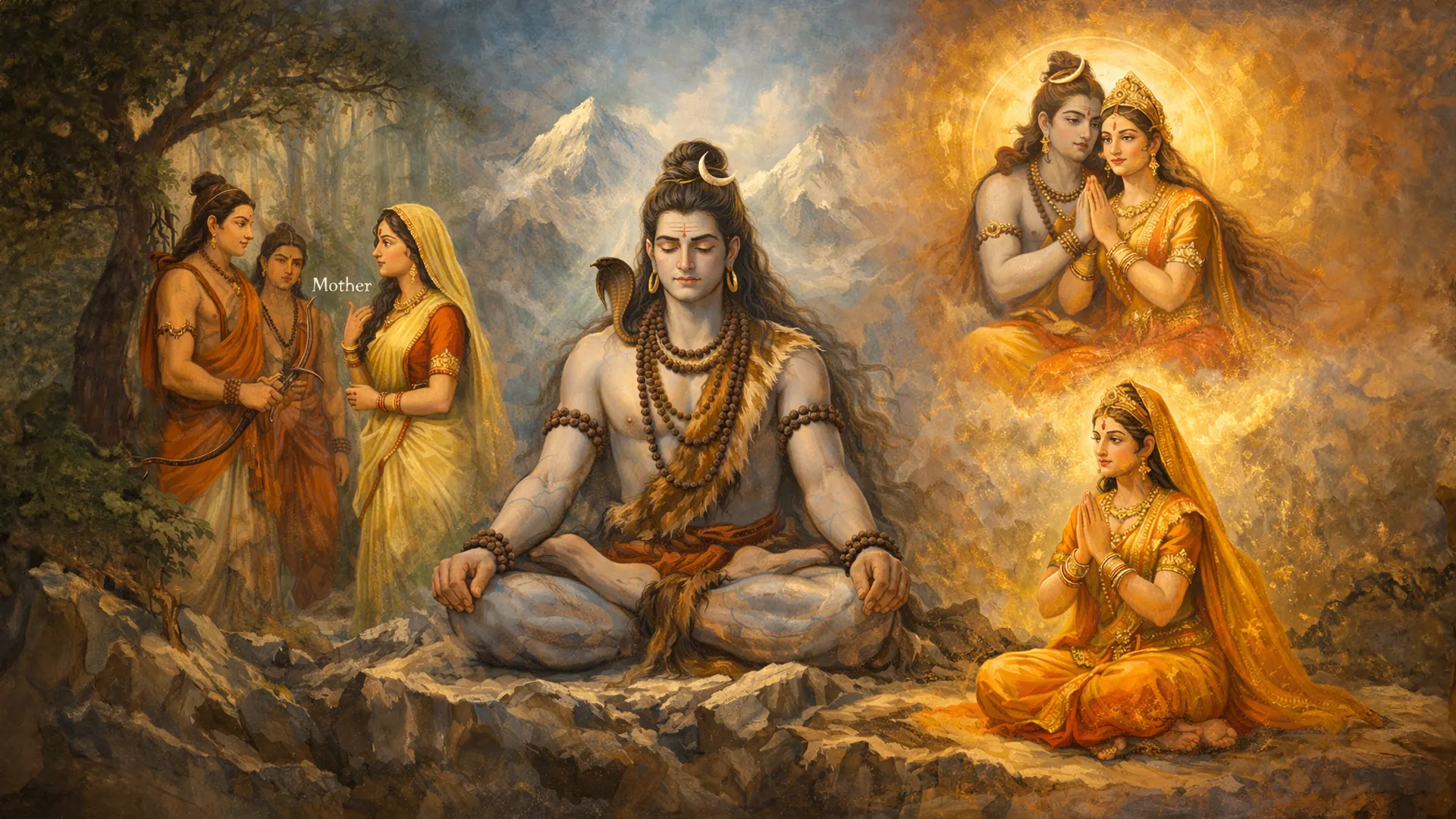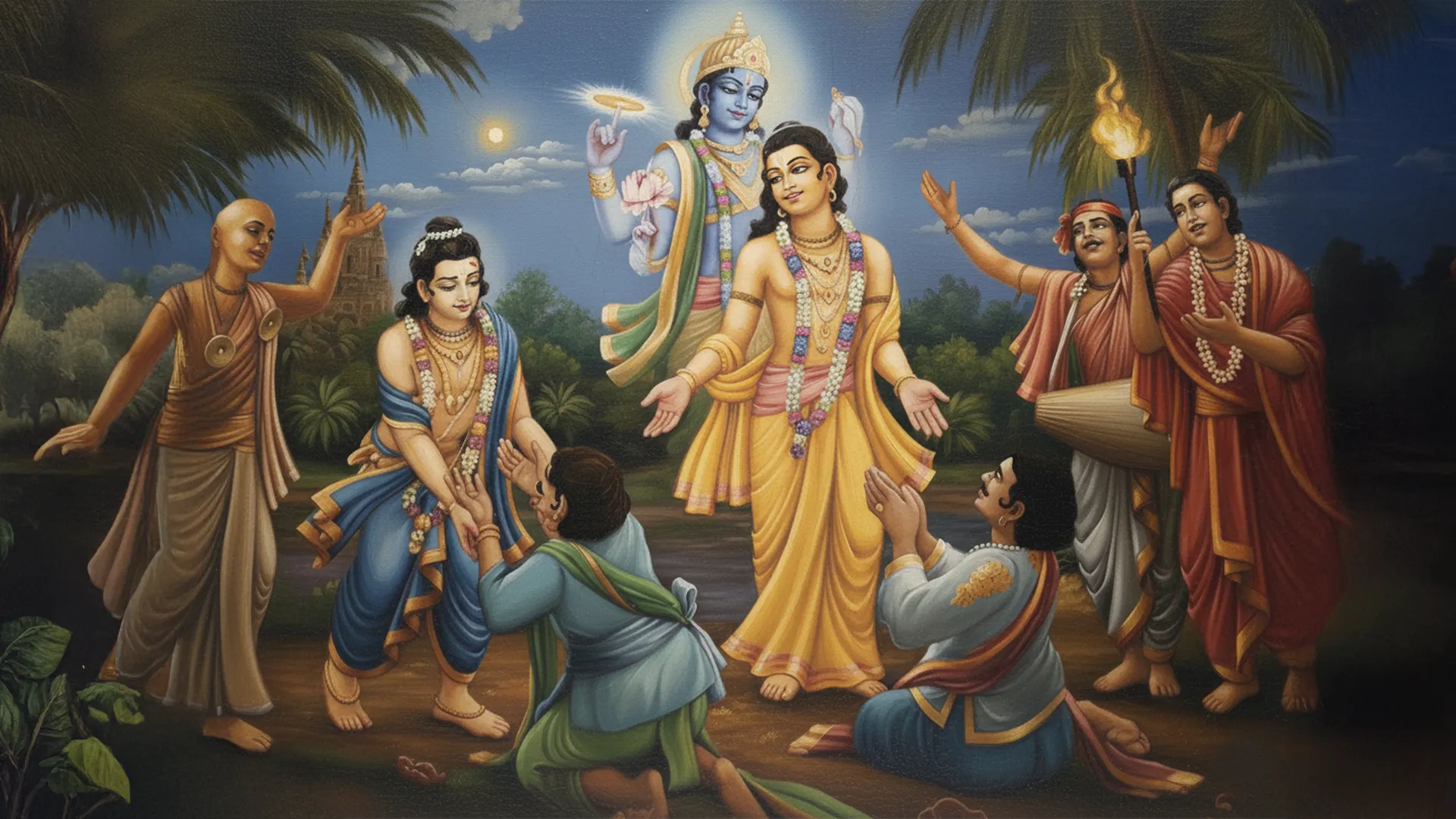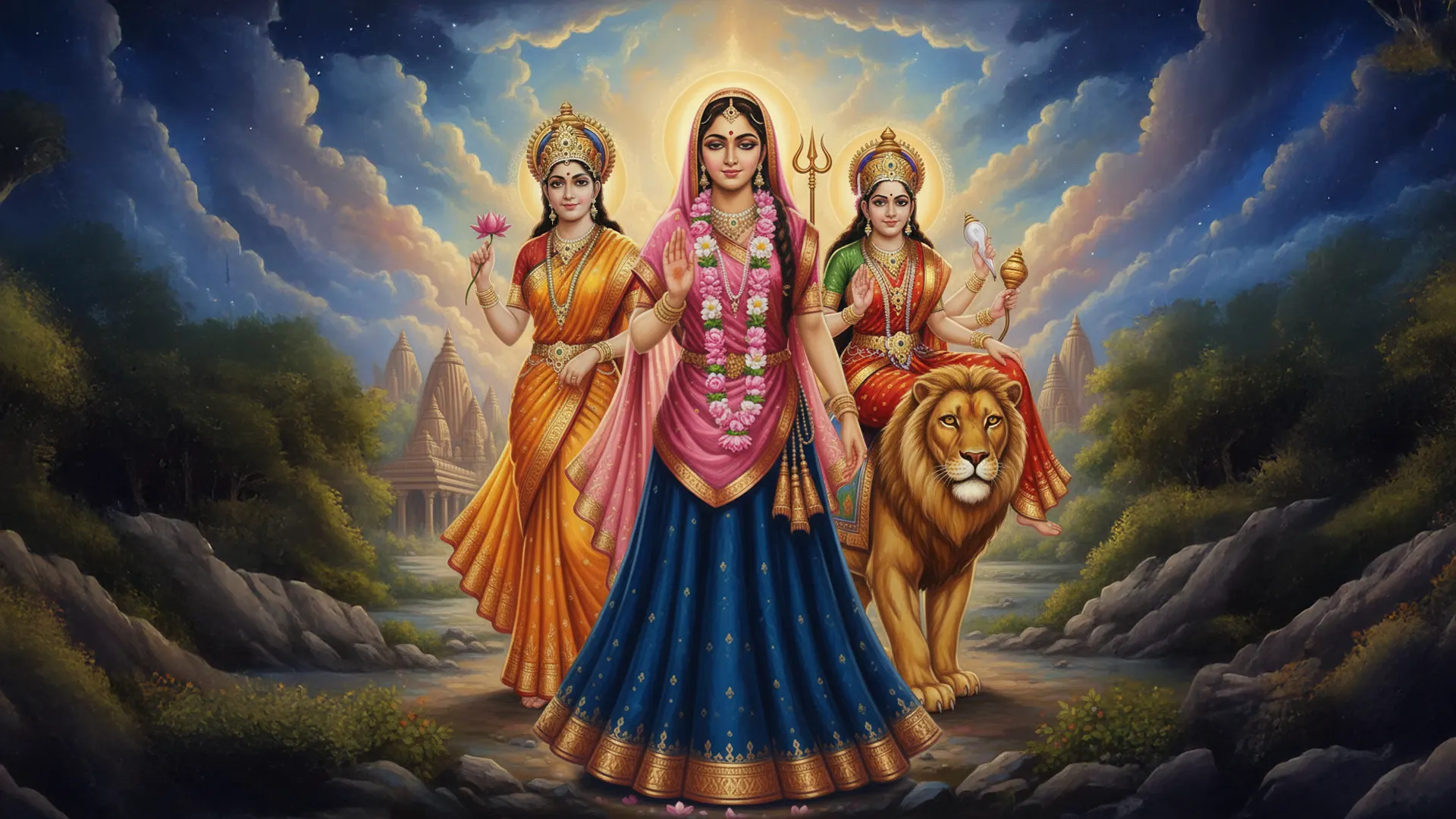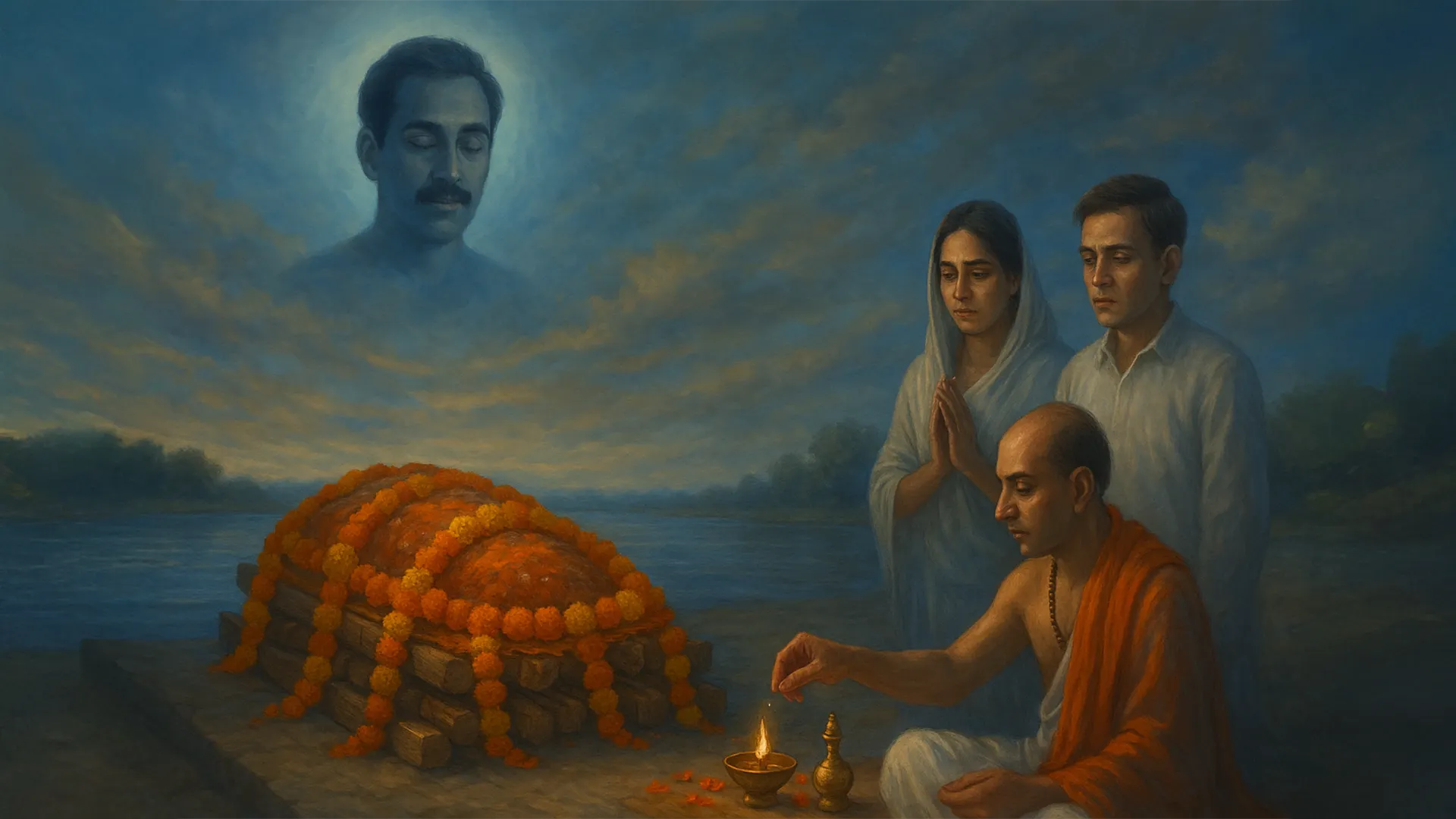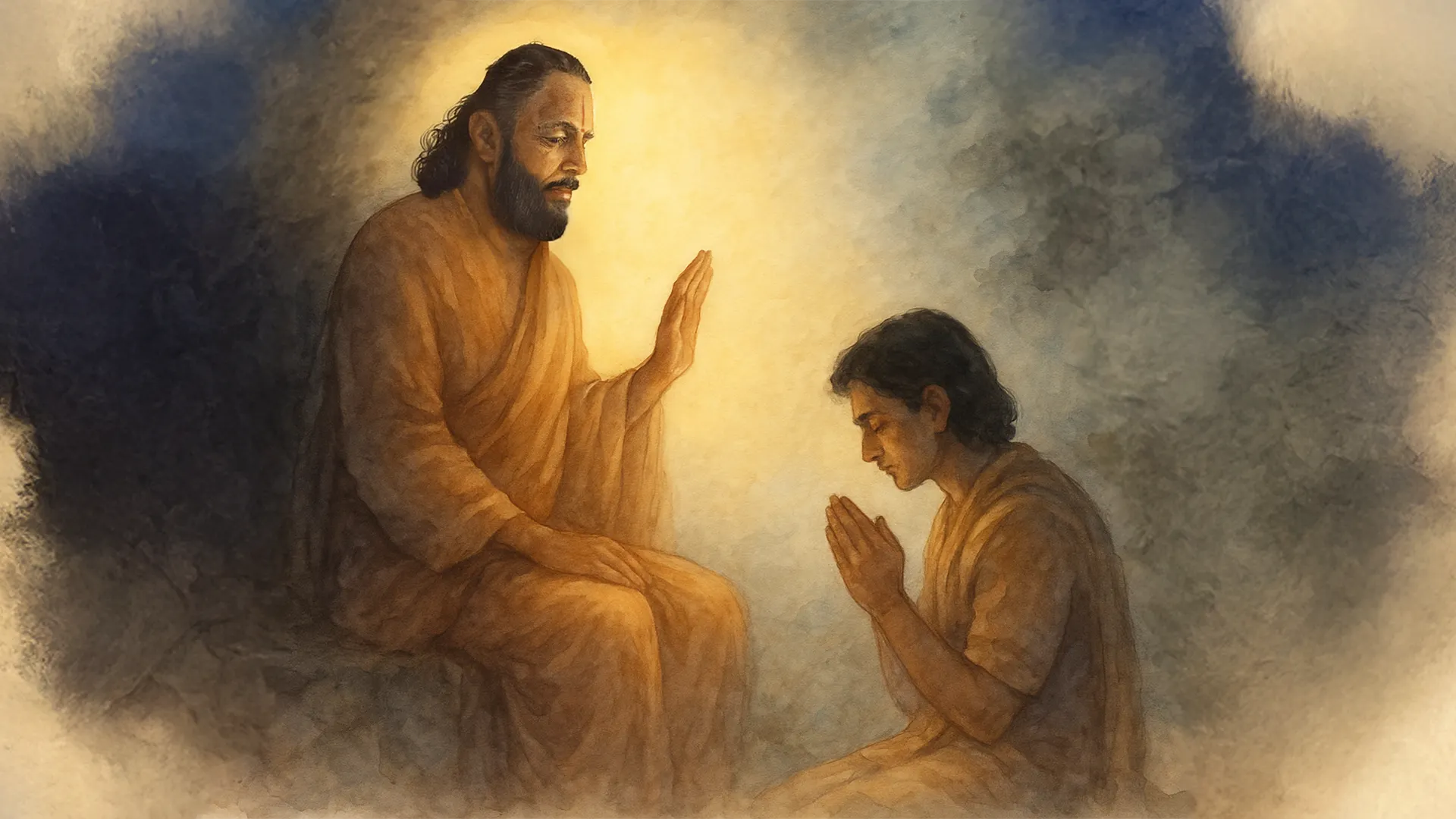Vedic scriptures have conveyed enough that the only things worth praying for in Kaliyug are – bhakti, gyan, vairagya. Vairagya is the opposite of raag. Raag means attachment. Both attraction and repulsion are causes of bondage and attachment.
Let us understand what Jagadguru Shri Kripalu ji Maharaj explains about Vairagya and raag –
“Who does this raag whose end result is misery? These are the people who get attracted to beauty through the five subjects that cause attachment– shabdh, sparsh, roop, ras, gandh.
Both the ruminating over our likes and dislikes create attachment and bear fruit. Our biggest attachment is with our body. Hence, our biggest achievement is also to develop Vairagya in relation to one’s own body. When all kinds of attachments that result from identifying with this body end, the resulting likes and dislikes end, then it can be termed vairagya. At a higher level, there is no attachment to the world nor attachment to God. The mind is in a vacuum.”
Vairagya – is like a river the great yogis and yoginis of pure mind pass through to enjoy supreme transports. Vairagya is a state of mind that is dispassionate and detached.
The journey through this river requires one to curtail attraction and aversion towards objects of the senses.
Lord Krishna himself said to Arjun in the Gita –
असंशयं महाबाहो मनो दुर्निग्रहं चलम् |
अभ्यासेन तु कौन्तेय वैराग्येण च गृह्यते ||
asanśhayaṁ mahā-bāho mano durnigrahaṁ chalam
abhyāsena tu kaunteya vairāgyeṇa cha gṛihyate
(Bhagavad Gita 6.35)“O mighty-armed son of Kunti, what you say is correct; the mind is tough to restrain. But by practice and detachment, it can be controlled.”
Abhyas and vairagya are the principles of yoga that lead to control of the mind and the goal of human existence, which is Self-realisation. Vairagya is achieved by applying the power of discrimination between the requisite and non-requisite.
A traditional renunciate leaves all comforts of family life and leads an ashram-based life under the guiding light of a self-realised Guru, a true Yogi himself. But in modern-day life, one can also choose to lead a monastic life, spending more time in solitude and sadhana to achieve true inner contentment and happiness.
A true Yogi experiences detachment to the world while living in it and detachment to things even while possessing it; he/she feels indifference to both sensual pleasures and pain alike, and there is no expectation of gain or reward for one’s actions.
When all food tastes the same when having one’s meal, dressing up oneself is so burdensome, and when one controls mind, body and speech, when the body jolts at the thought of one being a spirit, not the body, when one has suffered the cruelties of the weather, scorching heat, biting cold, yet has meditated, ruminated on the holy feet of Krishna and of its good effect, one has deprived himself of the world. It can be understood as the symptoms of one’s intensifying vairagya.
Jagadguru Shri Kripalu ji Maharaj explains –
“The state of Gopis was full of vairagya that all time is spent brooding over Krishna.
|| जित देखु तित श्याम मई है ||
From the time she saw her beloved, she saw nothing but Him everywhere.
Blessed are those who live in the Himalayas, meditating on the supreme Lord, the all-pervading Krishna, while our life is fast ebbing away in the animation of vanity world and possessions of large mansions or seeking stimulation in pleasure trips, swimming pools and gardens, all gratifying only the senses. The great Kabir has said –
बाग़ों ना जा रे ना जा, तेरी काया में गुलज़ार। सहस-कँवल पर बैठ के, तू देखे रूप अपार॥
Bāġhoṁ nā jā re nā jā, terī kāyā meṁ gulzār. Sahas-kaṅval par baith ke, tū dekhe rūp apār
“Do not go to the garden of flowers! O, friend! Go not there; In your body is the garden of flowers. Take your seat on the thousand petals of the lotus and gaze on the Infinite Beauty.”
When there is devotion for Krishna, detachment to the world, no desire or titillation for passions, when there is solitude of forest depths, unimpaired by the company of worldly men and when there is renunciation, then one has acquired real wealth, the richness of wisdom, which command even the respect of an overlord.



